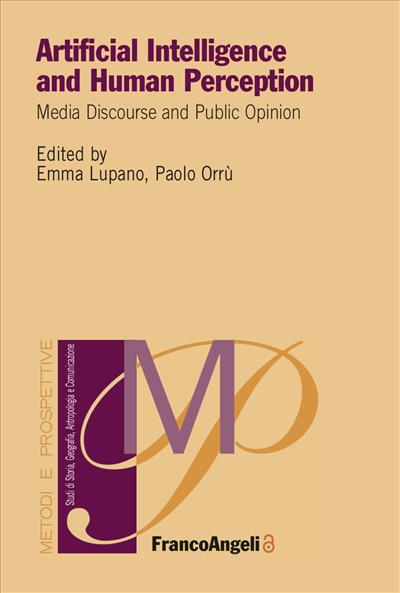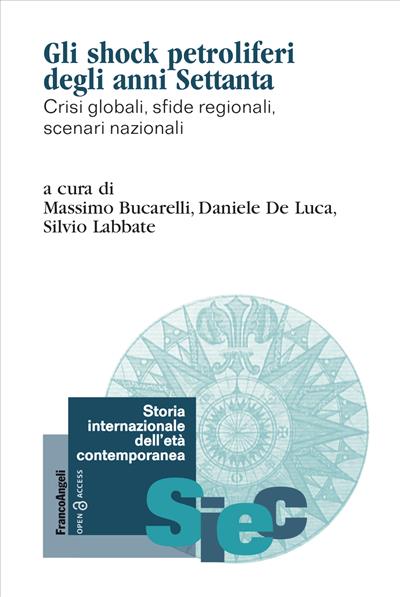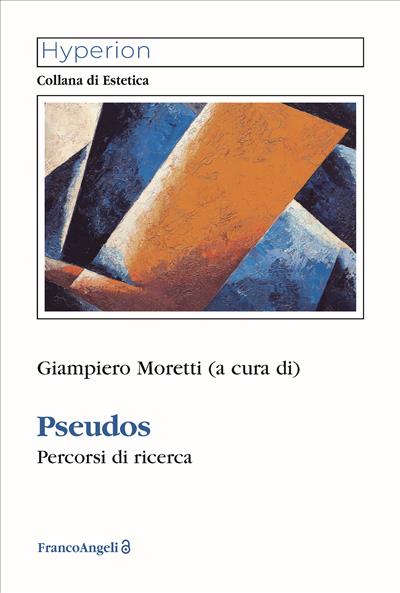
A cura di: Emma Lupano, Paolo Orrù
Artificial Intelligence and Human Perception
Media Discourse and Public Opinion
Artificial intelligence is emerging as a key global issue of our time, due to its disruptive potential and pervasiveness. This interdisciplinary volume addresses AI’s implications for human development and discourse, drawing on diverse disciplines ranging from anthropology to linguistics, sociology, and political science.
Pagine: 244
ISBN: 9788835178347
Edizione:1a edizione 2025
Codice editore: 11116.2
Informazioni sugli open access




